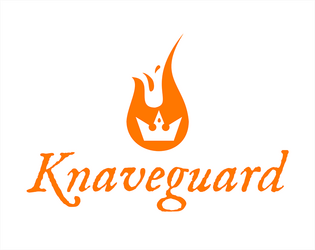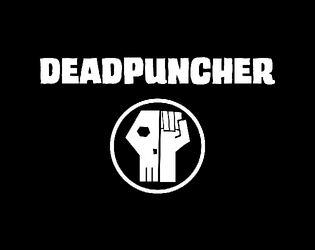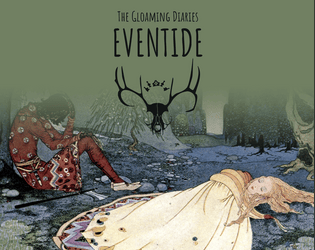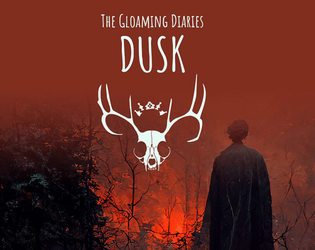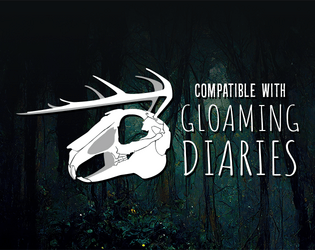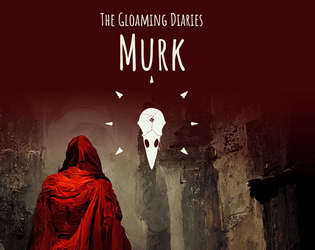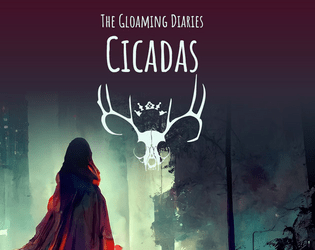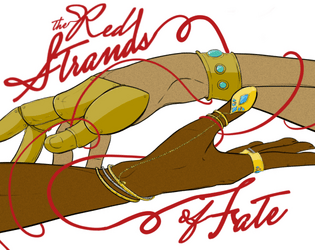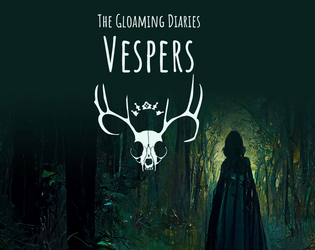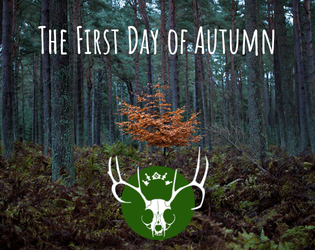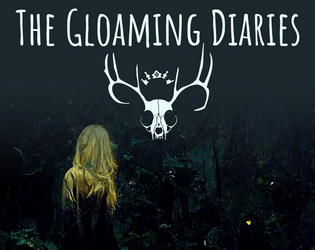You're correct. I've been meaning to spin down the Patreon for some time. That said, any failure to honor what's up there is unintentional. 😅 I'll see about getting that fixed ASAP.
(My apologies for slow reply. It's been a busy month and the RPGs aren't my job.)
Timor Jack Press
Creator of
Recent community posts
We've been considering options for lower income distribution for some time now, to account for issues like income equity issues globally and situations like this. But it seems like there's no good alternatives supported on Itch beyond community copies, which become a generic grab bag for the quickest to act. 🤔
What the heck, though, we'll put some up! Get it while you can. 😊
Yeah... probably any definition is going to fall down at some point, >_<.
Granted, Chess's imperfect information is related to the number of potential moves and directions a match can take from any given point going forward, and not knowing what the opponent will take, as opposed to 'hidden' information like cards in a player's hand.
But, I realized after posting that definition wasn't going to hold up in all cases. ^_^;
I think there's a point where a thing isn't a game... like an artificial heart isn't a game, for sure, but that doesn't mean there's an easy-to-agree-upon border between game and non-game. {shrug}
What a great game!
Here's my quick review:
In Tricksters, the players play different types of tricksters from folklore or myth. The game immediately lays out the premise in a concise fashion: "Become a trickster charged with protecting a small village. Teach the villagers lessons and chase after your worldly desires. See what sordid tales these mortals tell of your bizarre interventions." In other words, you do exactly what tricksters always do in stories.
In ten pages, Kurt manages to create an RPG that feels fully flushed out, with all the pre-requisite sections for setup, play, and facilitation, and yet wastes no space. The game makes good use of colorful public domain art of trickster animals that, combined with some great layout, gives the game a lovely look.
The game reminds me, in a way, of Golden Sky Stories meets Aesop meets the very lightest influence of older folktale games like Changeling (but with none of the latter's baggage). Although completely different than GSS in approach and resolution mechanics, the notion of local supernaturals interfering and helping in a local village makes the two games feel like kin.
The Great
* I love the "Creating A Village" step that has the players and facilitator cooperate to establish the setting they'll play in. More and more I enjoy a participatory process of worldbuilding, as it often helps guarantee a higher success rate on a fun-time.
* The game doesn't try to nail down a set list of tricksters, and name-drops a few prominent examples from different cultures. I love that it then takes a moment to request respect from you when portraying important figures from other cultures.
* Speaking of small steps with big impact, the use of a small 'pronoun' field on the character sheet is a lovely touch. I would have never thought of it before, but especially for convention games with diverse strangers it makes it so much easier to get the right pronouns out front and center.
* The game's resolution system is a 'build a pool, take the highest result', and I love the determination of success based on three categories: "Teaching a Lesson" and "Fulfilling a Desire", which represent your purpose and distractability, and "Testing Fate", which covers pretty much any other case. The first two have a quasi-PbtA list of success/failure resolutions that all forward the fiction while reinforcing theme. The latter is a 50/50 pass/fail, which helps guide the players back on course by encouraging them to focus on their themes, in my opinion.
* The last two pages are for the facilitator, and they do so much guidance with so little space. How to set up Dilemmas, the game's core scene focuses, coaching on how to handle scene transition when you're used to more linear games, and my favorite, a "Break glass in case of Lull" section to help punch things back up if the game's energy sags.
* The character sheet is great, with a classic look up front to fill out your details and a worksheet on the back to guide you on making your character.
The Slightly Less Great
* The character creation rules offload a good deal of the process to the character sheet, which is a separate PDF. I wish it were also included at the tail end of the booket, because if you somehow ended up with just the booklet you'd be incapable of finishing character creation.
In Conclusion
Tricksters is a strong game that in a very small package feels like a complete product to compete with "traditional" fairy-themed RPGs at the table. It also feels like something that would easily transition to LARP. You could run oneshots or keep visiting the same village over and over, and I for one am really eager to see more "small town story" games out there.
Rating: One Goose and An Avacado out of Three Toasts! Absolutely fantastic!
This question makes me think of The Tragedy of GJ237b (https://medium.com/@balehman/the-tragedy-of-gj237b-928cfeae460b) which positions itself as an "A role-playing game for no players". I think the meta-narrative is deliberately unreliable, because in essence the game is you pretending that someone has a game going in a room you can't visit, and once you do you process the loss of people you'll never meet. So you're the player just by setting it up.
I wondered at the time if it counted as a game, as my mindset would argue a game needs 'play' (without trying to define that) as opposed to other group rituals, and players to create that play. But there was a whole discussion around it that asked about games that we no longer had complete rules for so couldn't play, like the Game of Ur. Are they still games? It was a good thought exercise at least.
I'm not sure what makes a solo LARP explicitly a game and not a ritual, although it could be both at the same time. But for myself, I think that a game requires (1) instructions, however sparse, to separate it from unguided daydreaming or activities, and (2) play, which I'm going to fail on defining because it doesn't have to be about recreation or fun but I think of as a guided activity that performs some sort of recreation.
Not sure if that helps at all XD
I've been gravitating to a lot of Mongolian metal / throat singing lately, and building up a playlist of that. Not being able to understand the lyrics and the deep rumble through a lot of it keeps my head from getting distracted with what's being sung and just enjoying the music while my brain's elsewhere.
I don't have a whole album to specifically offer but I'm liking The HU (but they don't have a full album on Spotify yet), Nine Treasures, and Tengger Calvary.



